Air Corps
Frequently asked Questions dealing with requirements for Applicants intending to join the Defence Forces
Overseas Service is deemed mandatory for all personnel in the Defence Forces, except Naval Service personnel who are required to deploy to sea. Naval Service personnel may be required to deploy overseas based on operational requirements.
Overseas:
In 1958 the Defence Forces made its first contribution to peacekeeping when they deployed with the United Nations. Since then the Defence Forces has held a proud tradition of deployment overseas in support of countries in turmoil.
An Overseas deployment is the culmination of rigorous training and a real opportunity to, not only put your skills to the test, but also to hone them and develop as both a person and a professional. It is an opportunity to gain an appreciation for the harsh realities of life for the local population and to gain a sense of fulfilment when your work helps them.
For more information about overseas service, please see the link below:
Air Operations:
Air deployments, will challenge your skills because it is imperative that the team who prepare an aircraft for deployment work collaboratively. Air missions can be challenging due to the Irish weather. The nature of these missions is varied:
- Maritime Defence and Security Operations in conjunction with the Naval Service
- Fishery Protection
- Emergency Aeromedical Service etc.
For more information about Air Corps Operations, please see the link below:
Aircraft Technicians maintain, repair, and inspect military aircraft systems, ensuring airworthiness and operational readiness.
Candidates must have a Leaving Certificate with at least five subjects, including mathematics and one science subject. This criteria is subject to change in line with each competition’s Terms and Conditions.
Training spans approximately 4 years and includes military training, academic learning and hands-on aircraft maintenance. Firstly, you will complete military induction training including the Recruit and 2-3 star course, qualifying you as an Airman/Airwoman. Thereafter you will commence aircraft technician training, in the Technical Training School, Casement Airbase, which is an EASA accredited Part 147 Training Institution. This training comprises academic tuition and hands-on practical training in all aspects of aircraft maintenance, leading to an EASA recognised Aircraft Maintenance Technician qualification. The course is also affiliated with Technological University Dublin (TUD) with graduates awarded a level 7 degree in Aviation Technology.
Trainees are provided with free accommodation throughout this residential course, including all their meals & uniforms.
There are also number of significant benefits available to you throughout your career in the Defence Forces. These include:
- Pension
- Free Gym and PT access
- Free Medical, Dental and Semi-Private Hospital Care
- Free Physiotherapy & Pharmacy
- Overseas: Peacekeeping/ Humanitarian
- Paid over €40k per annum on completion of Training
- Third Level Education Opportunities
- Technical/Trade Opportunities
- Free Counselling/Wellbeing supports
Further information is available at the link or QR Code below.
Lifestyle and Benefits Package

The ATC Cadetship prepares candidates to manage air traffic in military settings. Applicants have strong academic results in maths and science. ATC Cadets receive comprehensive air traffic control training alongside military training. Further information can be found in the Cadetship Terms and Conditions, when advertised.
